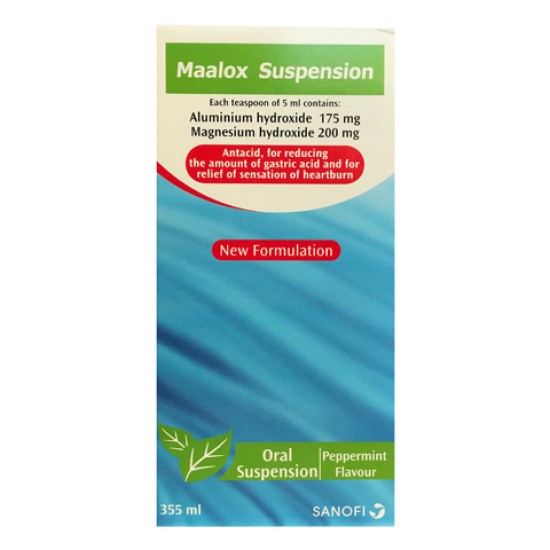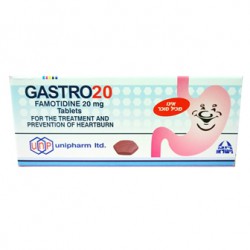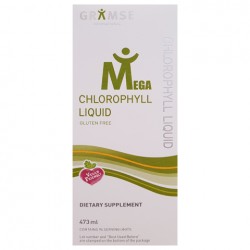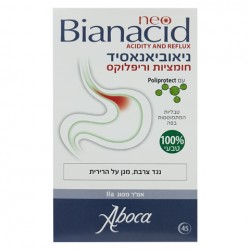Maalox suspension

Antacid. Intended to reduce the amount of gastric acid in the stomach and for relief of sensation of heartburn.
Active Ingredients
Each teaspoon (5 ml) contains:
- Aluminium hydroxide 175 mg
- Magnesium hydroxide 200 mg
Indications
Therapeutic group:
Antacids.
Maalox Suspension contains two different medicines that belong to the group called antacids.
The preparation is intended to reduce the amount of gastric acid and to relieve the sensation of heartburn.
Instructions
Shake well before use; intended for administration by mouth. If necessary, the medicine can be taken with water or milk.
The usual dosage for adults, the elderly, and children above 14 years of age:
10-20 ml, 20 minutes to one hour after meals and at bedtime or according to doctor’s instructions.
Do not exceed the recommended dose.
You must use a measuring spoon or cup meant for measuring the correct amount of medicine.
Do not use a household spoon to measure the amount of medicine. Household spoons differ in size and you may not get the correct amount of medicine.
Refer to the doctor if symptoms worsen or are not improving.
This medicine is not intended for children under 14 years of age.
Do not take for more than two weeks without instruction from the doctor.
If you have to have diagnostic tests with radioactive reagents, inform the doctor that you are taking this medicine, as the test results may be affected by the presence of aluminium.
After first opening, can be used for 6 months.
Warnings
Do not use Maalox suspension if you are allergic to aluminium hydroxide or magnesium hydroxide or to any of the other components of the medicine. Signs of an allergic reaction include: rash, swallowing or breathing problems, swelling of the lips, face, throat or tongue.
Do not use this medicine if you feel severe exhaustion.
Do not use this medicine if you are suffering from kidney problems.
Do not use this medicine if you are suffering from severe abdominal pain or from partial or full bowel obstruction.
Refer to the doctor or pharmacist before beginning treatment if you suffer from low blood phosphate level or are on a low-phosphorus diet.
Do not use this medicine frequently or for a prolonged period without consulting the doctor.
Please inform your attending physician if you are taking or have recently taken any other medicines, including medicines that do not require a prescription and food supplements, in order to avoid risks or inefficacy resulting from drug interactions. In particular, inform the doctor or pharmacist if you are taking:
- Antibiotics such as: tetracycline, penicillamine, or lincosamide antibiotics (e.g.: clindamycin), or fluoroquinolone antibiotics (e.g.: ciprofloxacin, ofloxacin, levofloxacin), or antibiotics for treating tuberculosis (e.g.: ethambutol, isoniazid), or cephalosporin antibiotics (e.g.: cefdinir, cefpodoxime)
- H2 antagonists used for treatment of gastric ulcer (e.g.: cimetidine, ranitidine, famotidine)
- Bisphosphonates used for the treatment of osteoporosis or Paget’s disease (e.g.: alendronate sodium, etidronate sodium, risedronate sodium)
- Glucocorticoids
- Neuroleptics of the phenothiazine group (e.g.: fluphenazine, thioridazine)
- Preparations containing iron salts
- Propranolol, metoprolol, atenolol, digoxin (preparations for the treatment of cardiac disease/blood pressure)
- Chloroquine, hydroxychloroquine, chlorpromazine, rifampicin
- Diflunisal, indomethacin (analgesics)
- Ketoconazole (antifungal)
- Sodium fluoride (preparation for prevention of dental caries)
- Levothyroxine (for treatment of thyroid gland hormone deficiency)
- Rosuvastatin (for lowering blood cholesterol levels)
- Polystyrene sulfonate (kayexalate - preparation for treatment of potassium excess)
- Vitamins
- Combined administration with quinidine can cause an increase in blood quinidine levels
- Combined administration with preparations containing citrate can increase aluminium levels, particularly in patients suffering from kidney dysfunction
Maalox suspension, like other antacids containing aluminium, can impair the absorption of other preparations; allow a lapse of at least two hours between taking them and taking Maalox (a lapse of 4 hours for fluoroquinolone).
High dosages of the preparation may cause or worsen phosphate deficiency, bone problems, increased calcium levels in the urine, rickets.
Consult the doctor or pharmacist before using Maalox suspension if you are pregnant, may become pregnant, or think you are pregnant. Do not use the medicine during the first three months of pregnancy.
Consult the doctor or pharmacist before using Maalox suspension if you are breastfeeding or plan to breastfeed.
Please do not consider this information as an alternative to consulting your physician or pharmacist.
For further information on instructions for use, risks and side effects, please read the patient package insert and consult your doctor or pharmacist.
Read the patient package insert carefully before starting to take any medication.



















